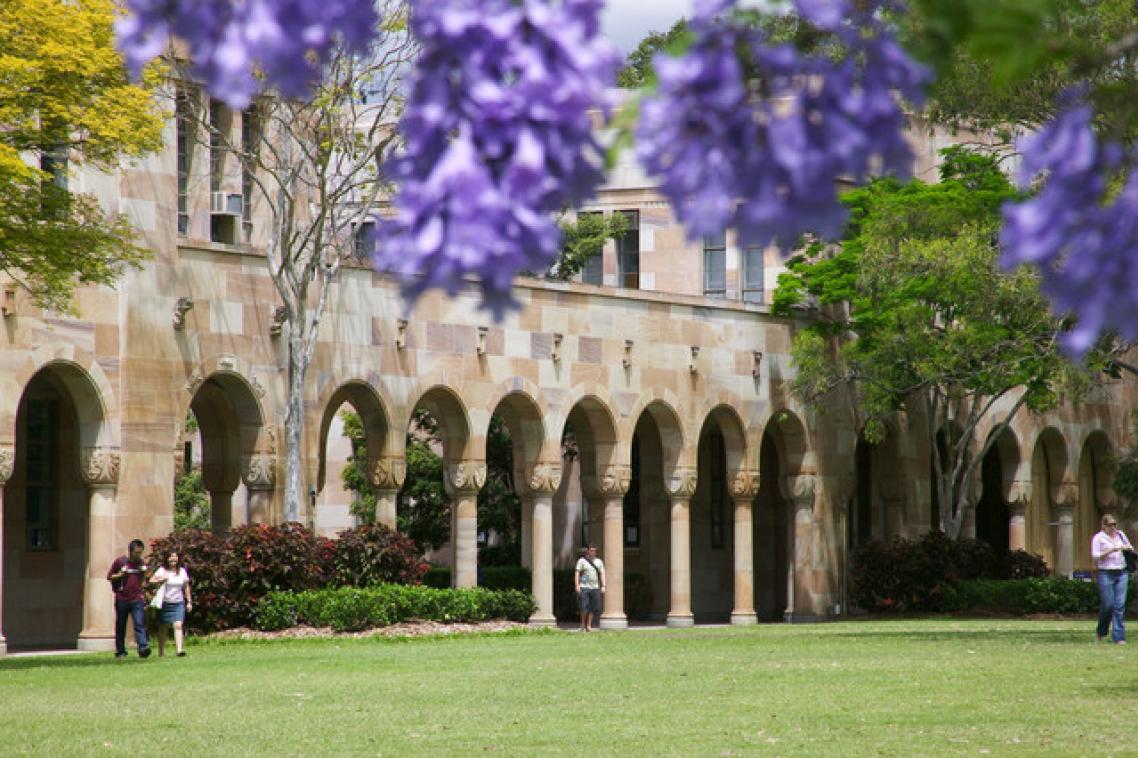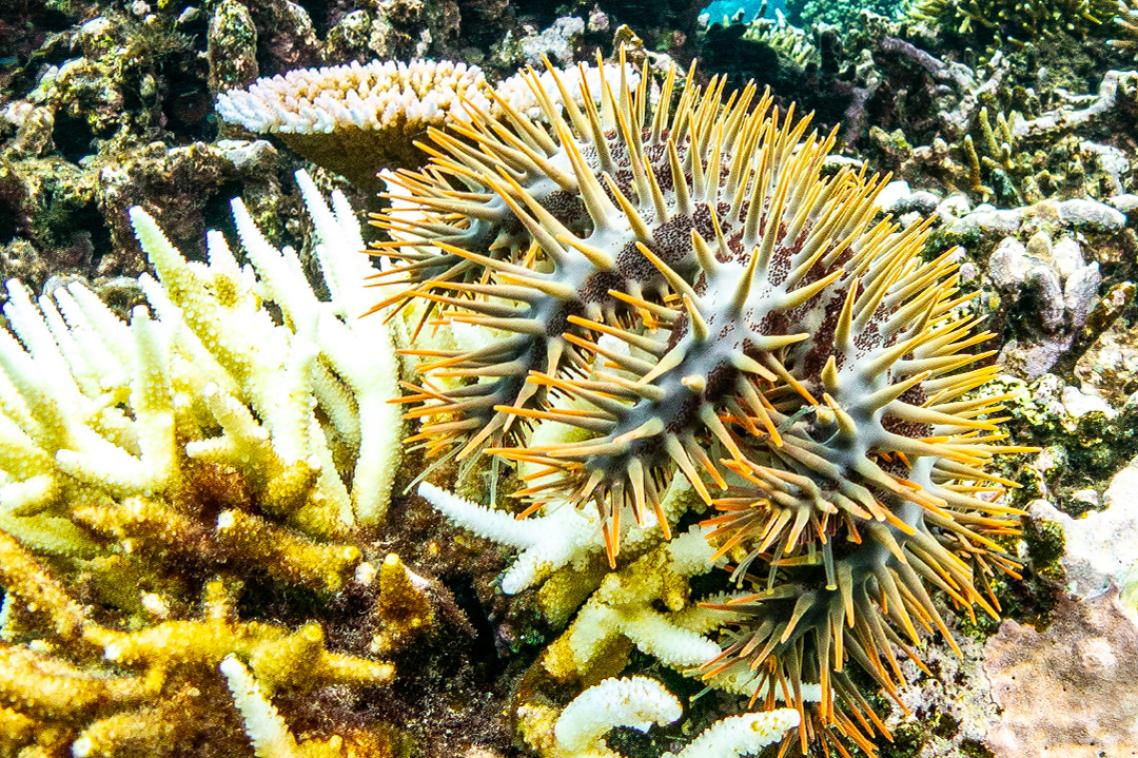Chop and burn may save rare melaleuca
Seasonal bushfires or limb lopping maybe the saviour for an endangered melaleuca.
The rare melaleuca, tamariscina subsp irbyana, is a small leaved paper bark that only grows in 11 pockets across New South Wales and Queensland.
UQ botany honours student Helen Vickers said land clearing and decreased habitat had shrunk the melaleuca population to less than 10 percent of its original footprint.
“There doesn’t seem to be any new young trees coming up and we don’t know why,” Ms Vickers said.
She believes the lack of fires or storms may have hindered their recovery and that the trees would release a lot more seeds within two days of a disturbance.
“We think it needs catastrophic disturbances to regrow and that’s what I’m looking at.
“If we leave it as it is, it’s going to die out. If we put a fire through then maybe it will keep going.”
She has been trapping tiny seeds at two of the melaleucas sites near Ipswich and Logan every month.
“I count the number of seeds that I collect and then I try and germinate those seeds and so far, I’ve had less than one percent germinate.
“So that means even if it does seed, the seeds that it is producing aren’t viable.
“Why would you waste the energy to produce all those seeds?”
She said her research would help form melaleuca conservation strategies and management plans such as seasonal lopping or burning.
There are over 250 species of melaleucas, many of which have germination rates of only 15 percent.
For more information contact Ms Vickers on (phone: 0419 791 764, email: s369794@student.uq.edu.au) or Miguel Holland at UQ Communications (phone: 3365 2619, email: m.holland@uq.edu.au)
Related articles

UQ professor joins WHO advisory group on alcohol and drug use

Crown-of-thorns control boosts coral growth in a warming world
Media contact
UQ Communications
communications@uq.edu.au
+61 429 056 139
